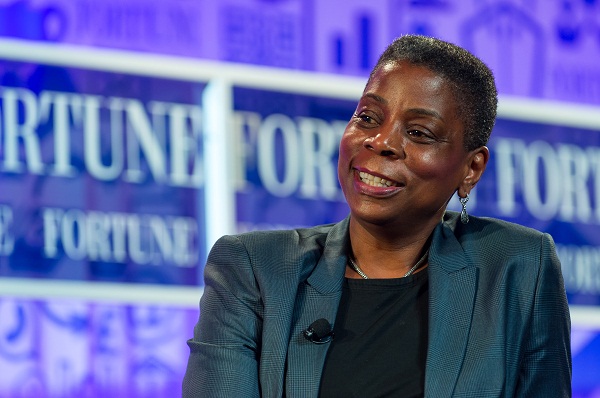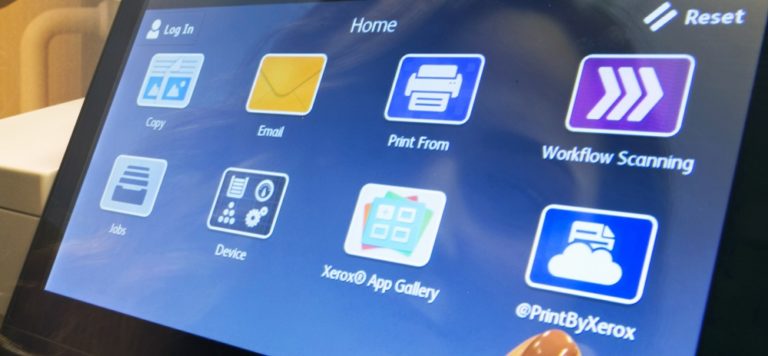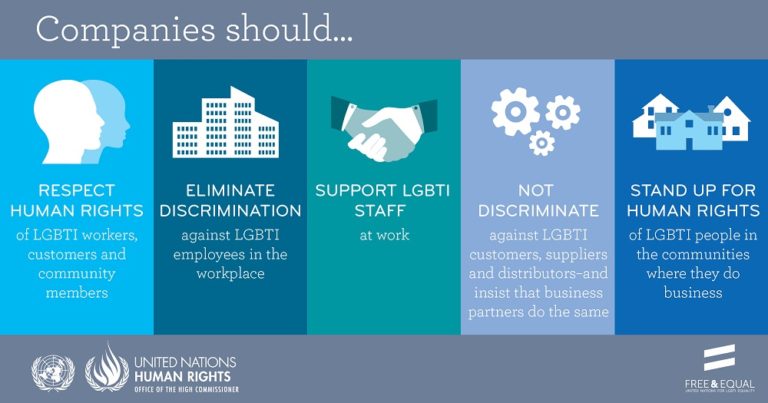Xerox CEO Ursula Burns explains how Xerox is changing, and why we’re changing, in a free-wheeling Fortune.com interview.
By Gregory Pings, manager, Content Marketing for Xerox
The neat thing about working for Ursula Burns? She says some really interesting stuff. The kind of stuff that, if you slap it up on a headline, people will stop and say “Whoa! I gotta read this.”

Consider this article on Fortune.com where they asked Ursula what’s on her mind, and she told them. Their headline, “Backstage with CEO Ursula Burns,” is factual and accurate, but I favor the “Whoa!” factor. Here are some of the headlines that I mulled over:
- ‘Why the Hell Not?’ Is a Valid Business Plan
- Xerox Biz Model: ‘Disdain of the Status Quo Is What Keeps Our Company Going’
- Xerox CEO Says: ‘People Don’t Just Know Our Name’
- Xerox ‘… Got Dragged into Services by Our Customers’
Every clickable headline deserves the proper context, which I provide here – starting with the headline I actually used:
‘There’s Gotta Be a Better Way’
This is the phrase that Ursula credits for everything good, from her moving up and out of the tenements on New York’s lower East Side, to Chester Carlson’s invention of xerography, to the constant improvements anyone makes to products and services. In her words:
“So basically, it started with this approach that I have of, ‘There’s gotta be a better way.’ There’s got to be a better way to get an education. There has to be a better way of managing the roads out here. There has to be a better way, and let’s try to figure out a way to lower the barriers.”
‘Why the Hell Not?’
Ursula points out that when we acquired Affiliated Computer Services (ACS), our portfolio of business services instantly expanded. The only problem was that most of ACS’ business was in the United States, which brought the immediate opportunity of expanding the business globally.
“The reason we bought [ACS] is because we can charge behind them with a [global] presence,” Ursula explained in Fortune. “So it’s about diversifying our business for risk mitigation and cycle protection. But it’s more importantly about diversifying our business around, ‘Why the hell not?’ If you can do it well [in the U.S.], why not do it everywhere else? Clients need the same thing. It’s not like the U.S. clients have a higher need and deserve more attention – not at all.”
‘Disdain of the Status Quo’
Here it is, direct from Fortune: “As soon as you become really, really good at something, there’s somebody right behind you. It means you’ve perfected it, and all they have to do is copy it at a reasonable pace and for a little bit less, and they can put you out of business. So this idea that there’s always somebody there to usurp you? That’s going to make you work a little bit harder and take a little bit less margin. That disdain of the status quo is what keeps our company going. It’s the personality of our company.”
‘People Don’t Just Know Our Name’
Ursula is talking about our connectedness to our customers: “… people don’t just know our name … they associate [our brand with] great things — around innovation, around being global, around — and this is the most important thing — staying with customers. We’re not perfect, but we’re not going to leave them hanging. We’ll work with them. We’ll make sure that they actually shine, even if it means some skin off of our hide.”
‘We Got Dragged into Services by Our Customers’
According to Ursula, our customers kept asking us if we could do more for them. A large fleet of copiers and printers? That’s great. But it’s large, and managing this fleet is cumbersome, so isn’t this something Xerox can do for us?
“That was literally our first foray into services,” Ursula told Fortune. “We started to realize that our skill set of using technology to solve problems … gives us the trust we need to do this. So we said, ‘Okay, we can do that’ … Basically, we got dragged into services by our customers. It was a very safe and positive way to start.”
Take 10 minutes and read “Backstage with CEO Ursula Burns” on Fortune.com. I promise you one thing: It’s likely to change how you think about Xerox. It may even change how you think about your own business. And these will be changes for the better.



